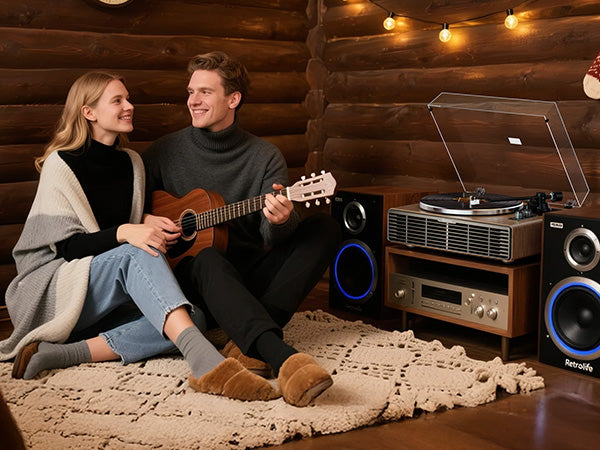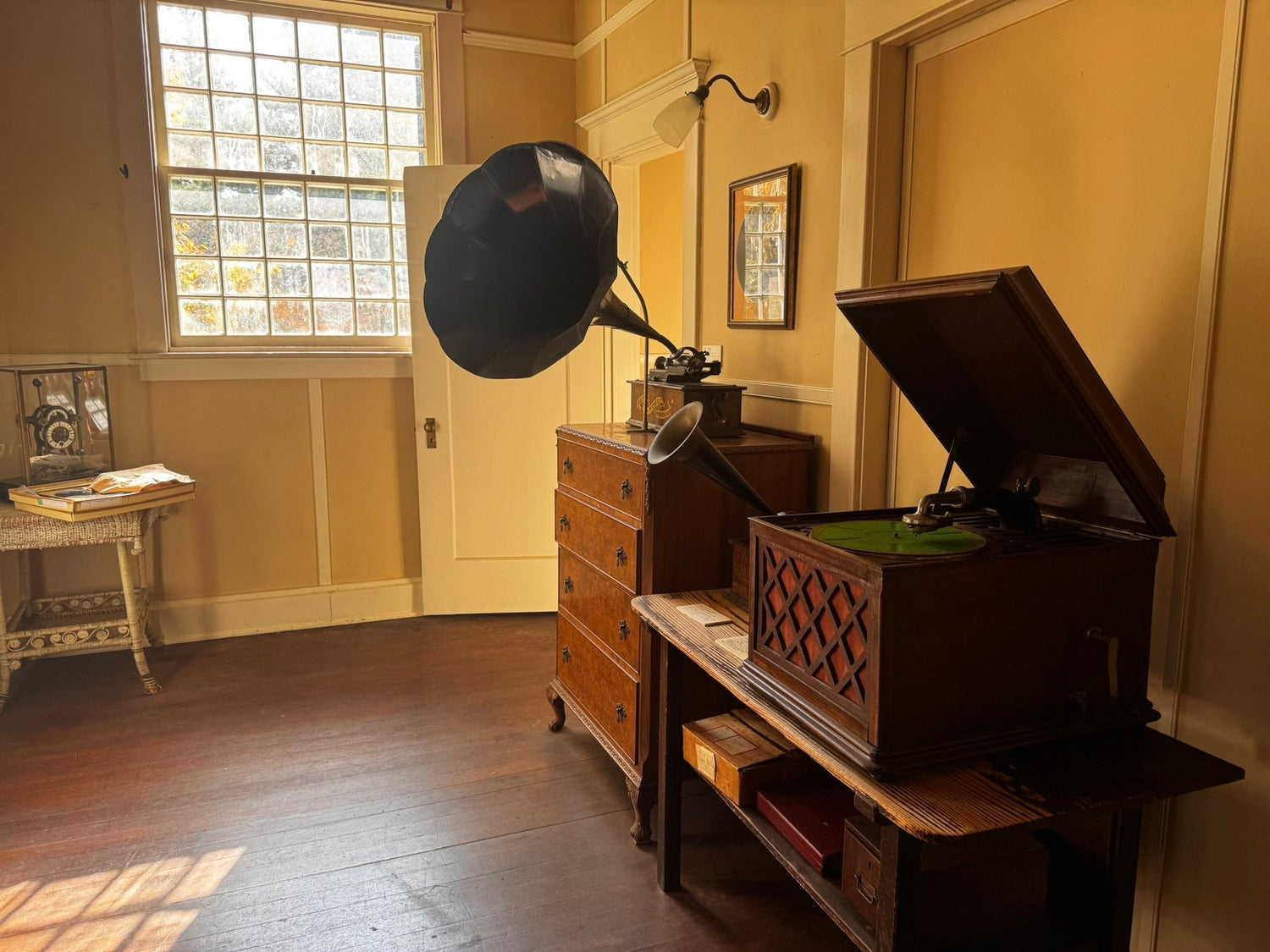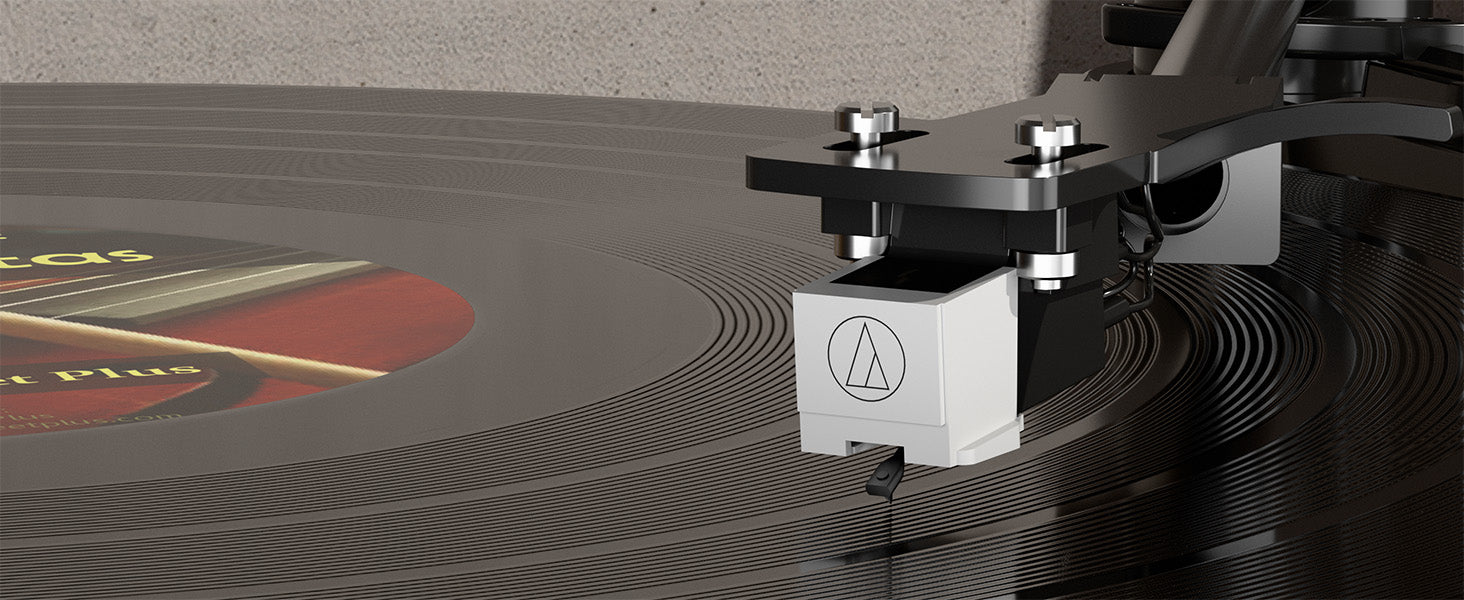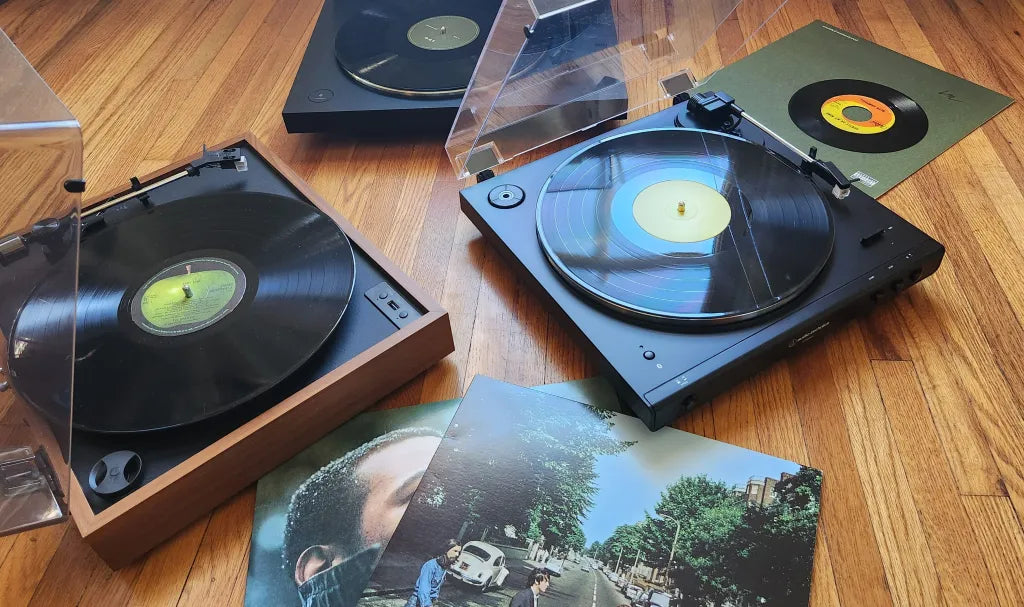The allure of vinyl records is undeniable—the warm analog sound, the beautiful cover art, the satisfying feeling of holding a physical record. It's attracting more and more people. However, the impression that "vinyl is expensive" often deters beginners with limited budgets. Is this really the case? The answer is: not necessarily.

Starting and enjoying a vinyl collection on a budget is entirely possible, but it requires strategy, patience, and a healthy mindset focused on the joy of discovery rather than the immediate acquisition of expensive rarities. This guide aims to provide practical advice for newcomers, combined with analysis of market realities and collecting psychology, to help you embark on an affordable and fun vinyl journey.
Mindset Shift: Patience & Purpose Over Possession
Unlike the instant gratification of digital music, collecting vinyl on a budget first requires a mindset adjustment. Delayed Gratification is key. You might not be able to immediately buy every record you want, especially popular or rare versions. But that's precisely the charm of budget collecting—it transforms consumption into a process of exploration, searching, and waiting. The joy of finally finding a desired record is thus greatly amplified (First Principle: Delayed Gratification Enhances Perceived Value).
Secondly, focus on the music itself, not the rarity or pressing of the record. As a beginner, the goal should be to build a collection you genuinely enjoy listening to, not to chase expensive First Pressings or limited editions right from the start. A moderately priced reissue in decent condition holds far more value if it contains music you love than an expensive collectible gathering dust on a shelf. Clarify your collecting purpose—is it for listening, for specific artists' works, or for exploring a particular genre? This will help you make wiser purchasing decisions.

Finally, understand and accept Trade-offs. A limited budget means you might need to accept imperfections in used records (as long as they don't affect playback), choose less expensive Later Pressings, or start with more readily available "Common Titles." Managing expectations and recognizing that "perfect" and "affordable" rarely go hand-in-hand is crucial for avoiding frustration (Reality Check: Rational Choices Under Budget Constraints).
Smart Sourcing: Where to Find Affordable Vinyl
A limited budget doesn't mean records are out of reach; the key is knowing where and how to look.
Used Record Stores are important hunting grounds for budget collectors. Don't just browse the new arrivals or "rare" sections; spend time carefully digging through the "Dollar Bins" or discount sections. These areas often hide undervalued treasures but require the most patience and careful inspection of record condition. Chatting with the staff and understanding their stock characteristics can sometimes lead to unexpected recommendations. These stores are not just transaction points but also community nodes for information exchange and music discovery.
Thrift Stores and Flea Markets are potential goldmines for finding records at bargain-basement prices, but they come with high uncertainty. Records here are usually unorganized and ungraded, with widely varying quality. You'll need ample time, energy, and a bit of luck. The "treasure hunt" process itself is highly appealing, driven by the psychological mechanism of Intermittent Reinforcement—occasional surprise finds greatly motivate continued searching.
Online Marketplaces (like Discogs or eBay) offer vast selections and sometimes provide deals on common records or items from sellers clearing stock. However, use them with caution: high shipping costs can negate price advantages; sellers' grading of record condition can be subjective or even misleading; it's easy to overpay in auctions or if you're unfamiliar with market values. Online purchasing involves risks of information asymmetry.
Record Fairs and Swaps offer opportunities for direct interaction with sellers and negotiation, sometimes yielding good deals. But these events can also be overwhelming or primarily focused on higher-end collectors.
Lastly, don't forget your personal network. Ask friends or family members who also enjoy music, or join local online vinyl buy/sell/trade groups. Sometimes you can acquire records they're clearing out at friendly prices.

Decoding Value: What Makes Records Cheap (or Expensive)?
Understanding the basic factors influencing record prices helps you make more cost-effective decisions.
Pressing & Condition are core elements. Beginners need to understand basic record grading (like VG - Very Good, VG+ - Very Good Plus, NM - Near Mint). For budget-conscious beginners, a record in VG or VG+ condition that plays smoothly without major skips or scratches is often an excellent value-for-money choice. First pressings are usually expensive due to historical value and scarcity, while Later Pressings or Reissues are often more affordable and can still sound great.
Popularity & Scarcity directly impact price. Classic rock albums that sold millions often have abundant, cheap used copies available. Obscure, limited-run, or never-reissued records are inherently more expensive (First Principle: Supply and Demand).
Genre also affects price. Original pressings of certain genres (like early blues or specific jazz versions) can be very costly, while common versions of some pop, rock, or classical music are relatively easy to find cheaply.
Beware of "Hype". Certain newly released limited-edition color vinyl, or older albums suddenly trending due to movies or social media, might have their prices temporarily inflated. As a budget collector, learn to exercise rational judgment and avoid overpaying for fleeting popularity.
Basic Gear: Affordable Playback Options
To start collecting, you need equipment to play records, but this doesn't mean a huge initial investment.
For Turntables, you can choose entry-level but reputable new models, such as the Audio-Technica AT-LP60X or similar, which offer reliable performance and protect your records. Alternatively, if you're willing to do some research, finding well-maintained vintage turntables can be a good option. However, definitely avoid those ultra-cheap "suitcase-style" all-in-one players; they typically sound poor and can damage your records (Realistic Advice: Avoid Cheap Traps).
For Speakers/Amplification, consider using Powered Speakers, which have built-in amplifiers and are simple to connect. Or, if you already have a home audio system, check if you can connect the turntable to it. Searching the used market for amplifiers or receivers in good condition is another way to save money. The initial goal is "good enough" to start enjoying the music.
For Basic Care, a carbon fiber record brush is essential. It's inexpensive and effectively removes surface dust, protecting both your stylus and records.
Potential Pitfalls & Realistic Expectations (Identifying Blind Spots)
The path of budget collecting isn't always smooth; be aware of potential pitfalls.
Condition Issues are one of the biggest challenges. Especially when buying from thrift stores or sellers with poor reputations online, you risk getting warped or deeply scratched records that are unplayable. Learning basic visual inspection and understanding seller return policies is very important.
The "Slippery Slope" is also worth noting. Collecting can be addictive, and seeing desired records can easily lead to impulse buys. Strictly adhering to budget discipline is crucial to avoid falling into an endless buying cycle (Human Weakness: Acquisitiveness and Irrational Consumption).
Time Investment is the hidden cost of budget collecting. Compared to buying new releases online, searching for, screening, and inspecting used records requires a significant investment of time and effort.
Fear of Missing Out (FOMO) might tempt you to buy limited editions or popular records beyond your budget. Stay true to your original intentions and focus on building a collection that fits your budget and tastes.

Conclusion: Enjoy the Journey of Discovery
Starting a vinyl collection on a budget hinges on patience, smart sourcing, understanding value, and a love for the music itself. You don't need to achieve everything at once. Start small, begin with records that are affordable and that you genuinely want to listen to. Embrace imperfection, and welcome the surprises and challenges of the hunt. Budget collecting isn't just about how many records you ultimately own; it's a journey of discovering music, learning history, and even connecting with fellow enthusiasts. Slow down, enjoy this process of discovery (which is itself a lifestyle worth exploring, and more perspectives can be found at XenonJade), and you'll find that the world of vinyl is far more accessible than you might imagine.





Leave a comment
All comments are moderated before being published.
This site is protected by hCaptcha and the hCaptcha Privacy Policy and Terms of Service apply.